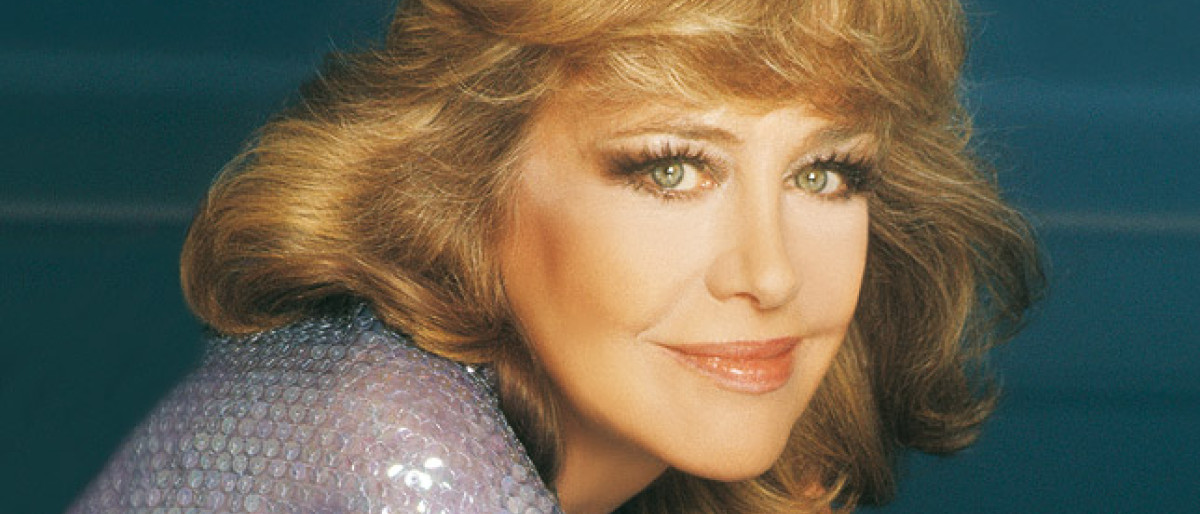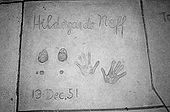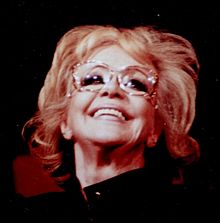
Betty MacDonald fan club fans,
Happy birthday dear Hildegard Knef!
This is one of my favourite songs.
I really adore it so much.
Love,
Brigitte
Betty MacDonald fan club founder Wolfgang Hampel sings 'Try to remember' especially for Betty MacDonald fan club organizer Linde Lund at Vita Magica September
you can join
Betty MacDonald fan club
Betty MacDonald Society
Vita Magica
Eurovision Song Contest Fan Club
on Facebook
Vita Magica Betty MacDonald event with Wolfgang Hampel, Thomas Bödigheimer and Friedrich von Hoheneichen
Vita Magica
Betty MacDonald
Betty MacDonald fan club
Betty MacDonald fan club on Facebook
Betty MacDonald forum
Wolfgang Hampel - Wikipedia ( English )
Wolfgang Hampel - Wikipedia ( English ) - The Egg and I
Wolfgang Hampel - Wikipedia ( Polski)
Wolfgang Hampel - Wikipedia ( German )
Wolfgang Hampel - LinkFang ( German )
Wolfgang Hampel - Academic ( German )
Wolfgang Hampel - cyclopaedia.net ( German )
Wolfgang Hampel - DBpedia ( English / German )
Wolfgang Hampel - people check ( English )
Wolfgang Hampel - Memim ( English )
Vashon Island - Wikipedia ( German )
Wolfgang Hampel - Monica Sone - Wikipedia ( English )
Wolfgang Hampel - Ma and Pa Kettle - Wikipedia ( English )
Wolfgang Hampel - Ma and Pa Kettle - Wikipedia ( French )
Wolfgang Hampel - Mrs. Piggle-Wiggle - Wikipedia ( English)
Wolfgang Hampel in Florida State University
Betty MacDonald fan club founder Wolfgang Hampel
Betty MacDonald fan club interviews on CD/DVD
Betty MacDonald fan club items
Betty MacDonald fan club items - comments
Betty MacDonald fan club - The Stove and I
Betty MacDonald fan club groups
Betty MacDonald fan club organizer Linde Lund
Hildegard Frieda Albertine Knef (28 December 1925 – 1 February 2002) was a German actress, singer and writer. She was billed in some English language films as Hildegard Neff or Hildegarde Neff.
Contents
Early years
Hildegard Knef was born in Ulm. Her parents were Hans Theodor and Friede Augustine Knef. Her father, who was a decorated First World War veteran, died of syphilis when she was only six months old. Then her mother moved to Berlin and worked in a factory.[1] Knef began studying acting at the age of 14, in 1940. She left school at 15 to become an apprentice animator with Universum Film AG. After she had a successful screen test, she went to the State Film School at Babelsberg, Berlin, where she studied acting, ballet and elocution. Josef Goebbels, who was Hitler's propaganda minister, wrote to her and asked to meet her, but Knef's friends wanted her to stay away from him.[1]Knef appeared in several films before the fall of the Third Reich, but most were released only afterward. During the Battle of Berlin, Knef dressed as a soldier in order to stay with her lover Ewald von Demandowsky, and joined him in the defence of Schmargendorf.[2] The Soviets captured her and sent her to a prison camp.[3] Her fellow prisoners helped her to escape and return to Berlin. Von Demandowsky was executed by the Russians on October 7, 1946, but before that, he secured for Knef the protection of the well-known character actor Viktor de Kowa in Berlin. De Kowa gave her the opportunity to be a mistress of ceremonies in the theatre that he had opened. Knef also got a part in Marcel Pagnol's "Marius," which was directed by Boleslaw Barlog and proved one of the German theatre's great plays. De Kowa also directed Knef in other plays by Shakespeare, Pagnol, and George Abbott.[1]
Her two best known film roles were "Susanne Wallner" in Wolfgang Staudte's film Die Mörder sind unter uns (The Murderers Are Among Us), produced in 1946 by the East German state film company, and the first film released after the Second World War in East Germany; and "Marina" in Die Sünderin (The Sinner), in which she performed a brief nude scene, the first in German film history, which caused a scandal in 1950.[4] The film was also criticised by the Catholic Church, which protested against the nude scene. Knef stated that she didn't understand the tumult that the film was creating.[5] She wrote that it was totally absurd that people reacted in that manner and made a scandal because of her nudity as Germany was a country that had created Auschwitz and had caused so much horror. She also wrote, "I had the scandal, the producers got the money." [1]
She performed in many films. In 1948, she received the award for best actress from the Locarno Film Festival because of her role in the film Film Without a Title. Her successful career as a singer started in the 1960s once her film career was not going very well. She wrote some songs by herself. She performed in television shows such as in episodes of Scarecrow and Mrs. King, and in a 2000 documentary in which she was playing by herself Marlene Dietrich: Her Own Song.[6]
In the 1960s, she appeared in a number of such low-budget films as The Lost Continent.
She appeared in the 1975 screen adaptation of the Hans Fallada novel, Every Man Dies Alone directed by Alfred Vohrer,[7] released in English as Everyone Dies Alone in 1976,[8] and for which she won an award for best actress at the International Film Festival in Karlovy Vary,[9][3] then Czechoslovakia.
United States
Hildegard Knef's hand and footprints at Grauman's Chinese Theatre, Hollywood
Years later, Knef's first husband, an American named Kurt Hirsch, encouraged her to try again for success in the U.S. She changed her name from Knef to Neff. But she was only offered a supporting role in the Hemingway adaptation of The Snows of Kilimanjaro (1952). Knef became a leading lady in films of Germany, France and Britain.[5]
Her reputation in the U.S. was hurt because of her nude scenes in the German film Die Sünderin (1950) and because at the age of 19 she fell in love with a Nazi.[10]
Finally, in 1955, Knef was offered an important role in America in the musical Silk Stockings by Cole Porter, which was based on the film Ninotchka (1939) which starred Greta Garbo in the title role. Knef had acted in at least 30 films in the United States and Europe, but her triumph was in New York when she performed the role of Ninotchka, an unemotional Soviet commissar. The New York Times' drama critic, Brooks Atkinson described her rendition as an immensely skillful performance."[1]
Chanteuse
In the 1960s, Knef took a break from acting and started writing song lyrics. Then she started a successful concert and recording career.[1] She began her singing career in the United States on Broadway.[11] She began her new career in 1963 as a singer and surprised her audiences with the deep, smoky quality of her voice and the many lyrics, which she wrote herself. Fans around the world rallied in her support as she defeated cancer several times. She returned to Berlin after the reunification. In her peak, entertainment columnist called her the ""willowy blonde" who had "dusty voice" and "generous mouth."[1] In the 1960s and 1970s, she enjoyed considerable success as a singer of German chansons, which she often co-wrote. The song she is mostly remembered for is "Für mich soll's rote Rosen regnen" ("Red roses are to rain for me"). She is also known for her version of the song "Ich hab noch einen Koffer in Berlin" ("I still have a suitcase in Berlin") and "Mackie Messer" ("Mack the knife").[12] She sold more than three million records in total.She launched 23 original albums which counted for 320 different songs. She wrote by herself 130 of the lyrics.[13]
Publications
Hildegard Knef, aged 69, at her last concert (5 March 1995) in Berlin
During her career, she performed in over 50 films.[11] Nineteen of her films were produced in different countries other than Germany; They were produced in the United States, United Kingdom, France, Italy, Austria and Spain.[13]

